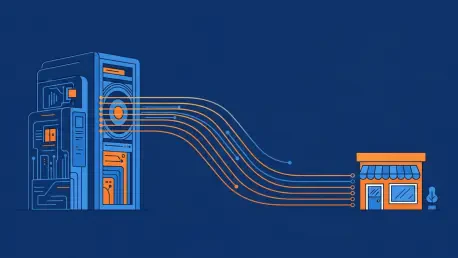
In an increasingly digitized global economy, the chasm between technological frontrunners and the broader business community has never been more apparent, threatening to leave the very engines of economic growth—small and medium-sized enterprises—in the dust of the artificial intelligence

The rapid evolution of large language models has created a significant challenge for the mobile industry, as running these sophisticated AI systems directly on devices like smartphones and laptops without constant reliance on data centers has remained a complex and elusive goal. A groundbreaking

A collaborative research effort has successfully engineered a high-resolution electronic skin built upon a breathable nanomesh substrate, effectively overcoming critical barriers that have previously hindered the long-term viability and comfort of wearable health monitoring technologies. Published

The intricate web of modern business operations presents an unprecedented challenge for human capital management, where ensuring payroll accuracy, navigating regulatory compliance, and fostering employee engagement requires constant vigilance. In this complex environment, artificial intelligence is

The best artificial intelligence search platforms are not distinguished by a single groundbreaking feature but by the powerful and seamless integration of three core components: sophisticated Natural Language Processing (NLP), forward-looking predictive analytics, and a meticulously crafted user

The proliferation of on-device artificial intelligence has fundamentally shifted user expectations, with sophisticated generative AI models no longer confined to the cloud but running directly on smartphones, laptops, and smart home devices. Central to this revolution is the Neural Processing Unit